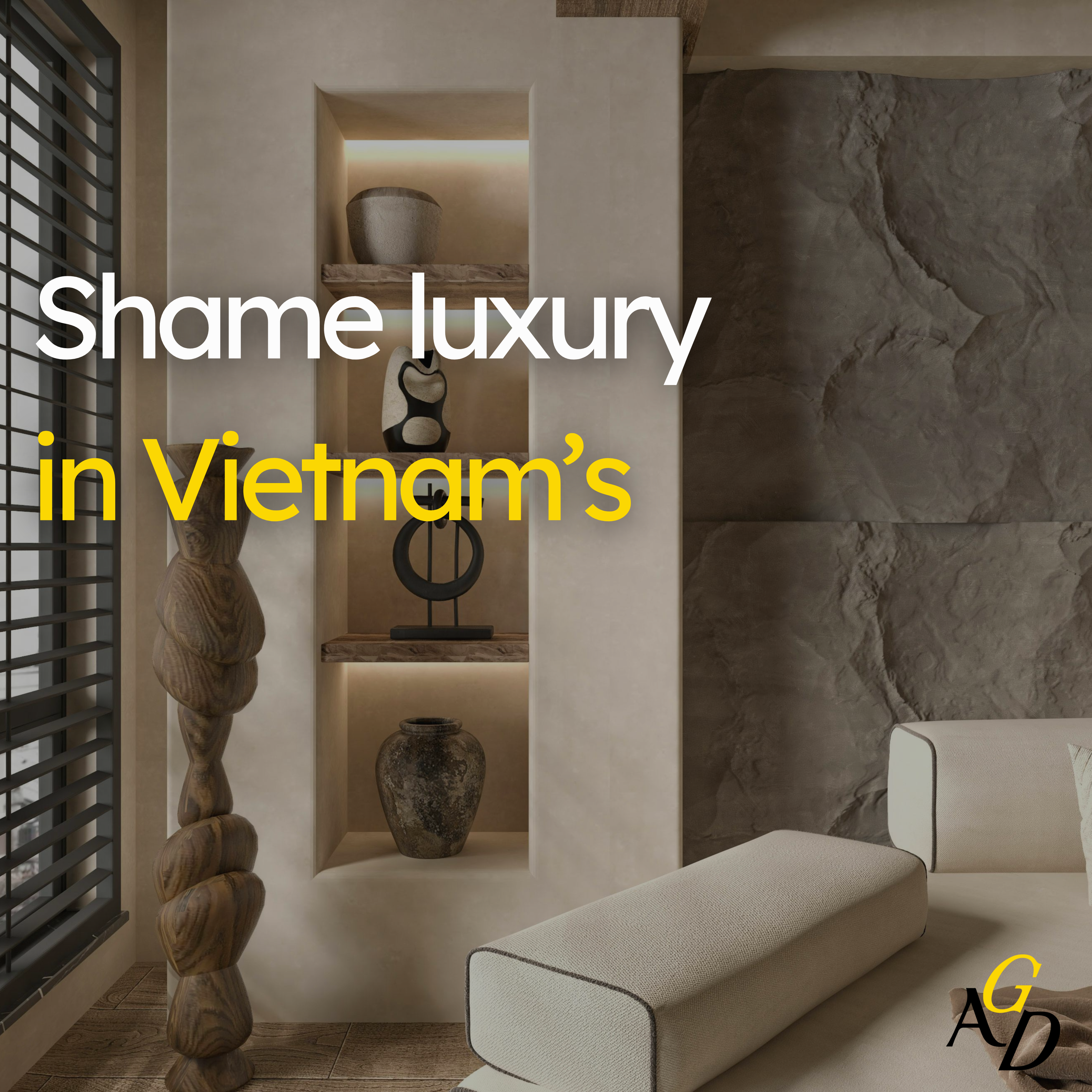Vietnam’s Response To The Rise Of Luxury Eco-Tourism Worldwide
In recent years, travelers have become increasingly focused on the quality of their experiences, seeking to connect with nature and unique cultural traditions while also being conscious of environmental sustainability. This shift has led to the rise of eco-tourism, a blend of nature appreciation, cultural heritage, and sustainable practices. Eco-tourism has become one of the fastest-growing sectors in global tourism, with annual growth rates of 20-34% since the 1990s, contributing significantly to the economies of many countries. In Vietnam, its rich biodiversity and diverse ecosystems have made eco-tourism a prominent sector, attracting international visitors and establishing the country as a leader in green tourism.

Why is high-end eco-tourism growing in Vietnam?
Vietnam’s diverse ecosystems, ranked as the 16th richest in the world in terms of biological resources, provide a solid foundation for the growth of high-end eco-tourism. International tourists are drawn to the country’s pristine forests, unspoiled islands, and opportunities to experience indigenous cultures. Additionally, the increasing popularity of sustainable travel has led to more affluent travelers seeking eco-friendly and nature-preserving experiences.
The growth of eco-tourism in Vietnam is also supported by substantial investments in environmentally sustainable infrastructure. Luxury resorts in the country are designed to blend harmoniously with the natural surroundings, offering a combination of luxury and eco-consciousness. This sustainable development helps ensure that visitors enjoy exclusive experiences while contributing to the conservation of Vietnam’s unique landscapes and ecosystems.
Furthermore, eco-tourism provides significant economic benefits to local communities while preserving valuable natural resources. By promoting the sustainable use of these resources, eco-tourism helps protect Vietnam’s natural beauty and supports the livelihoods of local people. As a result, the country is increasingly seen as an ideal destination for travelers seeking responsible tourism experiences.

Eco-tourism with Cultural Elements
Integrating cultural experiences with eco-tourism has become a key trend in Vietnam, offering tourists a deeper connection to both the environment and local heritage. This approach not only protects nature but also highlights local traditions, providing a more enriching travel experience. Each region of Vietnam offers unique cultural practices, which can be combined with eco-tourism activities.
In the northern region, Sa Pa in Lao Cai attracts tourists with its luxury resorts set amidst stunning mountain landscapes. Visitors can explore the rich ethnic diversity of the area, including the H’Mong, Dao, and Giáy peoples, while participating in cultural activities such as cooking classes and handicraft workshops. The combination of natural beauty and cultural immersion makes Sa Pa a prime eco-tourism destination.
In central Vietnam, Quảng Bình’s Phong Nha-Kẻ Bàng National Park, a UNESCO World Heritage site, is renowned for its dramatic cave systems. Eco-tourism here includes not only cave exploration but also opportunities to engage with local cultures, such as learning about the region’s history and customs. Hội An, with its riverside resorts, offers guests activities like lantern-making workshops and organic farm tours, blending cultural heritage with natural beauty.

In the southern Mekong Delta region, cities like Cần Thơ and An Giang are famous for their lush landscapes, rivers, and floating markets. Eco-tourism in these areas allows visitors to experience the local way of life through boat tours, visits to floating markets, and traditional performances like Đờn ca tài tử music. These experiences, alongside the breathtaking scenery, create a unique eco-tourism offering in southern Vietnam.
Development of High-end Eco-resorts
The growth of high-end eco-resorts in Vietnam has been fueled by the demand for luxurious yet environmentally responsible travel experiences. From mountains and rivers to pristine beaches, these resorts offer a blend of comfort and sustainability, making them highly attractive to high-end travelers. Examples such as Topas Ecolodge in Sa Pa, Four Seasons The Nam Hai in Hội An, and Azerai in Cần Thơ provide top-tier services while prioritizing environmental protection and cultural conservation.

These eco-resorts also incorporate local cultural experiences, offering activities such as visiting traditional markets, cooking classes, and exploring natural surroundings. For instance, Topas Ecolodge allows guests to hike in the mountains, visit ethnic minority villages, and participate in cultural workshops, all while enjoying luxury accommodations. Similarly, Four Seasons The Nam Hai combines traditional Vietnamese culture with modern luxury, offering activities like lantern-making and organic farm visits.

By integrating local culture with eco-tourism, these resorts create distinct travel experiences that appeal to both domestic and international visitors. Vietnam’s green tourism policies and investments in sustainable infrastructure are crucial to the growth of eco-resorts, ensuring they meet international standards while maintaining environmental responsibility.
AGD’s unique high-end tour design services
AGD offers tailored high-end travel services to meet the specific needs and preferences of discerning travelers. With expert knowledge of Vietnam’s destinations, AGD designs personalized tours that provide unforgettable, enriching experiences. Whether it’s exploring national parks, staying in luxury eco-resorts, or engaging in local cultural activities, AGD’s tours offer exclusive, intimate experiences.
Each AGD tour is meticulously planned, blending natural beauty, cultural immersion, and high-end services. AGD works closely with local communities and tourism providers to ensure that every tour supports sustainable practices and contributes to the preservation of local environments and cultures. Through personalized itineraries, AGD helps travelers connect more deeply with the places they visit, creating a unique and fulfilling travel experience.
Vietnam is positioning itself as a leading destination in the high-end eco-tourism sector, thanks to its perfect blend of unspoiled natural landscapes and rich cultural heritage. The country’s commitment to sustainability and its increasing popularity as an eco-tourism destination make it an attractive choice for international travelers. With the development of eco-resorts, cultural tourism, and sustainable travel practices, Vietnam is setting an example for other countries in the global effort to preserve both the environment and cultural heritage. As more travelers seek responsible tourism options, Vietnam will continue to draw those eager to explore its diverse ecosystems, vibrant cultures, and stunning natural beauty.
_________________________
Discover More on Instagram!
At AGD, we provide you with a gateway to the finest experiences in Vietnam. Stay connected with the latest trends and insights from Vietnam’s experience industry.
Follow us on Instagram agdexperience for exclusive behind-the-scenes content, vendor highlights, and more extraordinary events coming your way.




